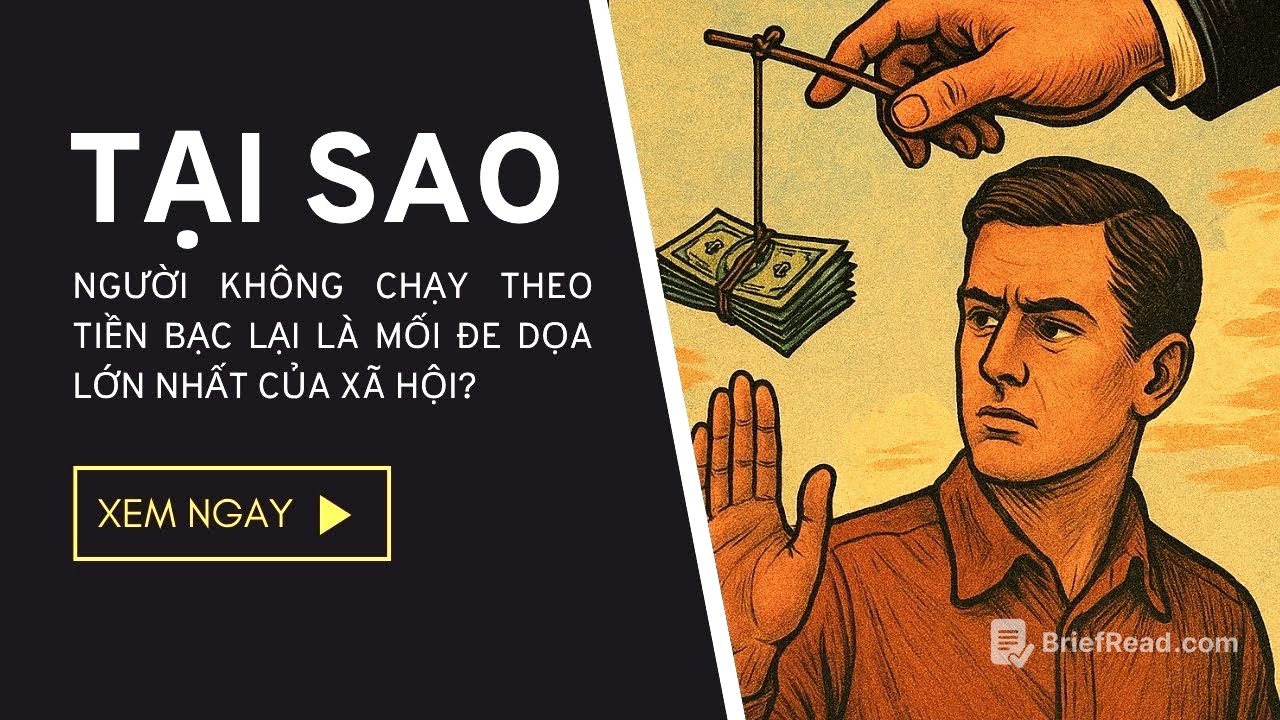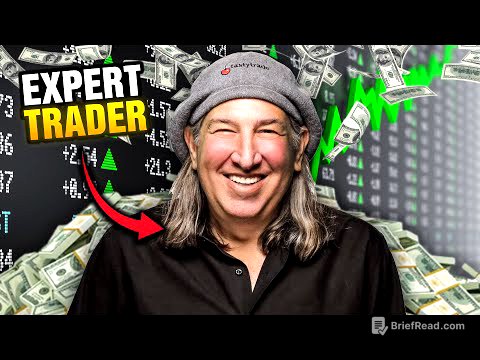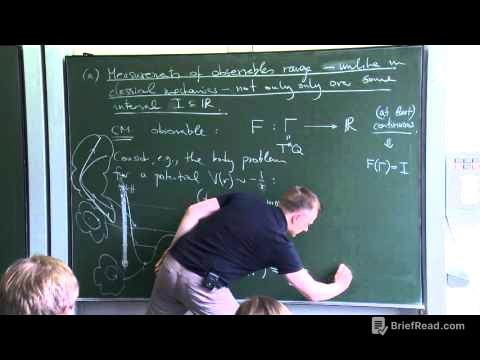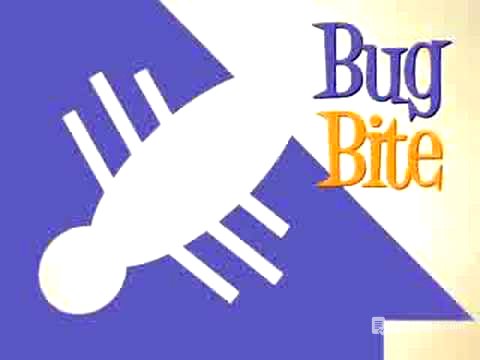TLDR;
This video explores the concept of freedom from the relentless pursuit of money and societal expectations. It challenges the notion that wealth is measured by material possessions and encourages viewers to redefine success as liberation from the fear of financial insecurity. The video outlines four core principles for achieving this freedom: freedom from false desires, value independence, emotional autonomy, and social courage. It emphasizes the importance of living with intention, simplifying one's life, and prioritizing personal values over societal pressures.
- Redefining success as liberation from financial dependence.
- Four core principles: freedom from false desires, value independence, emotional autonomy, and social courage.
- Prioritizing personal values and living with intention.
Introduction: The Dangerous Freedom of Not Chasing Money [0:03]
The video introduces the idea of a person who doesn't participate in the societal race for money and success. This individual is portrayed as "dangerous" because their detachment from the conventional system questions its very foundation. The video suggests that society is built not just on money, but on the need for money, fueled by fears of poverty, judgment, and being left behind. This system promotes a story that life is only valuable if it's profitable, equating comfort with weakness and exhaustion with honor.
The Trap of Consumer Culture [1:42]
The video argues that modern society conditions individuals from a young age to equate success with making money, devaluing time unless it's paid for and portraying rest as sinful. Schools are depicted as institutions that prioritize obedience over curiosity, training students to chase degrees for financial gain. Corporations then exploit this conditioning, promising fulfillment but delivering only deadlines and dependency. The video asserts that those who aren't greedy for money are seen as bad consumers and are labeled as lazy or irresponsible, using these labels as tools to maintain control and perpetuate the cycle of chasing material possessions.
Redefining Wealth and Success [3:07]
The video challenges conventional definitions of success and wealth, suggesting that those who abandon the chase for money are not lost but found. It references Erich Fromm's idea that true wealth lies not in having more, but in needing less, and in not being controlled by the fear of not having. The video highlights Henry David Thoreau's experiment of living simply in a cabin to explore life beyond societal expectations. Thoreau's example illustrates that true wealth consists of having enough and freedom from the system's control.
The Mindset of Financial Independence [5:19]
The video explores the mindset of individuals who are not controlled by money, emphasizing that they live to feel, be present, create, and enjoy simple moments. Their values are intrinsic and cannot be taxed or promoted. They don't seek status symbols because they are secure in their identity. These individuals reclaim the childlike ability to wonder, play, and be curious without a price. Their happiness is derived from experiences rather than possessions, making them resilient and difficult to manipulate.
Escaping the Grip: Thoreau's Blueprint [6:49]
Drawing on Thoreau's example, the video suggests that freedom lies in needing less rather than owning more. Every possession and dependency creates a string that ties individuals down. By reducing needs, one increases freedom, gaining time, energy, and mental space. This allows individuals to say no without fear and walk away without regrets, focusing on what truly matters. The video quotes Thoreau: "A man is rich in proportion to the number of things he can afford to let alone," emphasizing that less ownership equates to less control by the world.
The Mode of Being vs. The Mode of Having [8:31]
The video contrasts the "mode of having" with the "mode of being," drawing on Erich Fromm's ideas. The mode of having is characterized by a constant need for more, fear of loss, possessiveness, anxiety, and fluctuating self-esteem tied to external factors. In contrast, the mode of being is grounded, content, and free from the need to prove oneself. People in the mode of being are immune to manipulation, advertising, and peer pressure because their sense of worth is internal.
Money as a Tool, Not a Master [10:18]
The video clarifies that money itself is not the enemy but a tool. The danger arises when money becomes the master and measure of meaning. When freedom depends on finances, it becomes a transaction. Many people trade their time, energy, and self-worth for a paycheck out of necessity, leading to quiet desperation. The paradox is that freedom to speak one's truth and live with integrity comes when the fear of losing money diminishes.
Four Pillars of True Independence [11:48]
The video outlines four core principles for achieving true independence:
- Freedom from False Desires: Questioning the desires imposed by advertising and social media, asking if they are genuine needs or external influences.
- Value Independence: Defining personal rules for success and happiness based on what truly matters, rather than conforming to societal expectations.
- Emotional Autonomy: Nurturing one's own emotions, finding peace in solitude, and not relying on external validation.
- Social Courage: Having the courage to walk one's own path, say no to expectations, and risk being misunderstood for living authentically.
The Cost and Reward of Choosing Freedom [14:23]
The video acknowledges that choosing not to chase money comes at a cost, primarily in terms of societal perception. People may misunderstand and label those who choose a simpler life as lazy or unambitious. However, the rewards include more time, space, clarity, and freedom to live with integrity, create without pressure, and speak one's truth. This freedom is rare and often misunderstood, potentially leading to strained relationships, but ultimately, it means living on one's own terms.
Disrupting the System [16:16]
The video explains why choosing not to participate in the money race disrupts the system. Economically, it challenges unbridled consumption. Politically, it resists manipulation based on fear. Psychologically, it makes others uncomfortable by highlighting their own compromises. Ultimately, society fears those who are independent and do not conform to societal expectations.
How to Become Truly Independent [18:06]
The video offers practical steps to become truly independent:
- Simplify the Mind: Remove noise, clutter, and compulsions.
- Spiritual Audit: Examine spending habits to identify desires planted by advertising rather than personal needs.
- Identify Non-Negotiables: Define values that are worth more than any salary.
- Invest in Yourself: Learn, read, think, create, and spend time alone to discover who you are.
- Reduce Dependence on Money: Learn to need less and build life on priorities rather than income.
Conclusion: The Power of Choosing a Different Path [20:13]
The video concludes that those who don't chase money have power and have chosen a different path, valuing meaning over paychecks and depth over form. They cannot be bought by status, comfort, or fear because they have found themselves. This choice is dangerous to a culture that thrives on insecurity and dissatisfaction. It's a story of reclaiming one's soul from a market that tries to sell it, remembering that true freedom is born from living honestly, simply, and fully. The world needs presence and individuals who rise above the system, asking themselves what parts of their lives are truly valuable and who they could become if money no longer dictated their choices.









